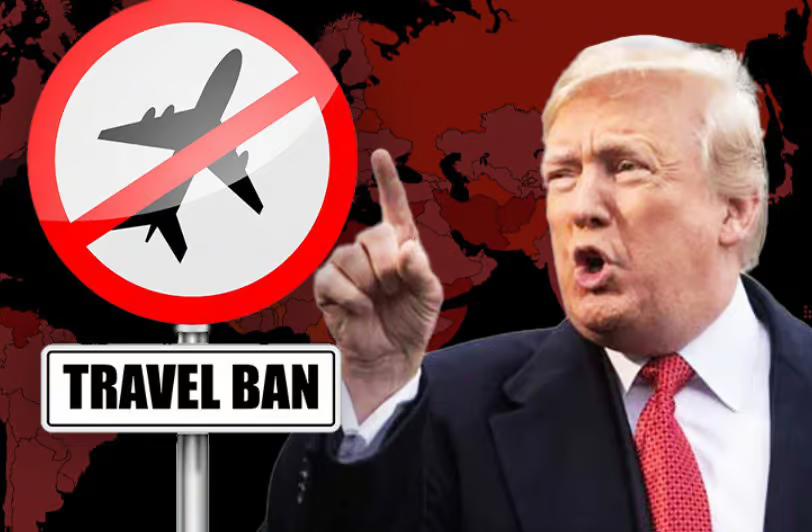The Trump administration has introduced new travel bans and restrictions affecting a total of 19 countries, citing national security concerns, immigration enforcement issues, and a lack of cooperation from foreign governments.
According to officials, the bans apply to 12 countries where traveler screening is considered inadequate, terrorist threats are present, or governments refuse to accept deported citizens. An additional seven countries face travel restrictions due to high visa overstay rates and other related concerns.
Countries Fully Banned from U.S. Travel:
-
Afghanistan
-
Chad
-
Equatorial Guinea
-
Eritrea
-
Haiti
-
Iran
-
Libya
-
Myanmar
-
Republic of the Congo
-
Somalia
-
Sudan
-
Yemen
Countries with U.S. Travel Restrictions:
-
Burundi
-
Cuba
-
Laos
-
Sierra Leone
-
Togo
-
Turkmenistan
-
Venezuela
These decisions are part of the administration’s broader efforts to tighten border controls and bolster national security amid ongoing global threats. The policy was also tied to a recent terror attack, with President Trump citing the need to address high visa overstay rates and insufficient traveler vetting.
READ MORE: Pakistan’s GDP Grows by 2.7% in FY2024-25, Misses Target Due to Agricultural Decline
The inclusion of Afghanistan in the ban has drawn backlash, especially from groups that supported the resettlement of Afghan nationals following U.S. military operations. However, individuals holding Special Immigrant Visas (SIVs) are reportedly exempt from the ban.
Humanitarian organizations have strongly condemned the move, calling it discriminatory and detrimental to global refugee efforts. The restrictions follow an executive order mandating federal agencies to evaluate national security risks posed by certain foreign nationals.



